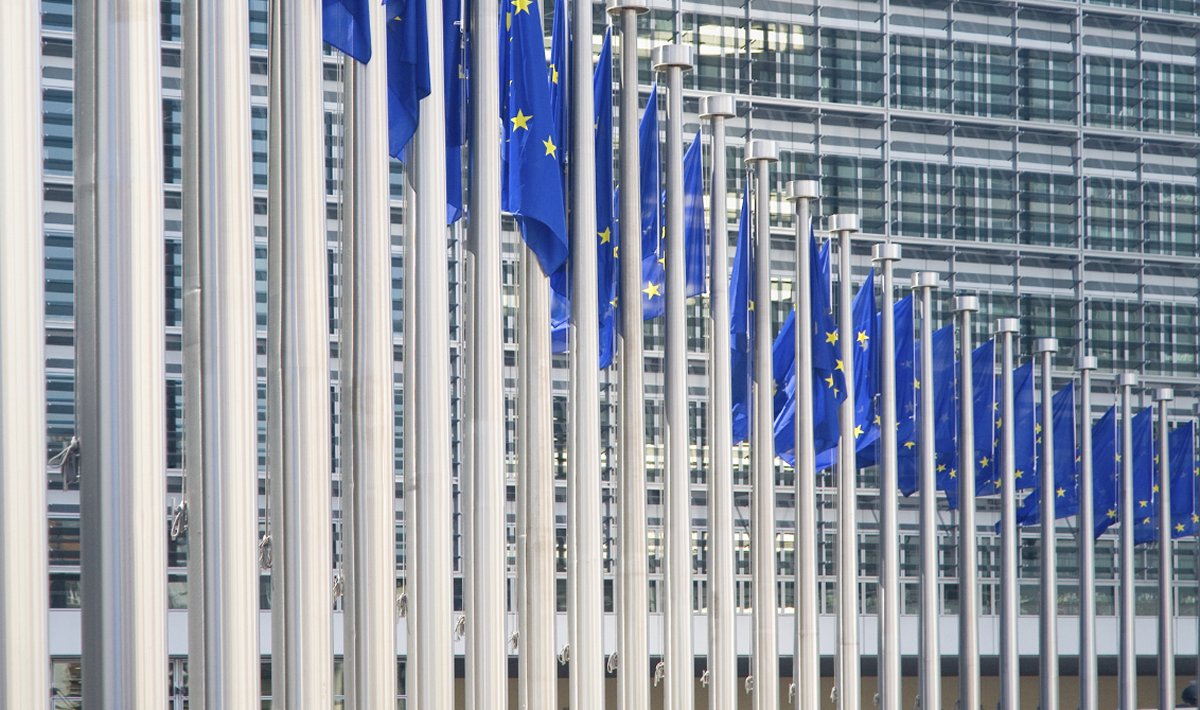The perceived long democratic recession, creeping autocratisation of governments, and the global expansion of authoritarian rule undermining the rule of law and democratic institutions result from inequality, opacity, and inefficiency in creating and distributing public goods. The central challenge to these creation and distribution processes is the variation in the degree to which the rule of law applies to different strata of society.
Thus, the democratic institutions that govern the creation and distribution of public goods are under double attack from populists, who exploit the vicious cycle of inequality and resulting grievances to strengthen the power of their networks. On the one hand, populists exploit public grievances to undermine them, and on the other hand, they participate in societal networks that misappropriate the value of public goods.
The VALPOP project uses state-of-the-art methods to collect historical and contemporary data on societal networks and public goods. Based on this newly generated data, the project investigates how sub-strata of society manage to use networks to absorb public goods and transform them into club goods, focusing on the role that populist politicians play in this transformation.
Building on this understanding, the VALPOP project suggests, distributes, and disseminates policy and stakeholder materials to reduce the use of societal networks to absorb the utility of public goods into elite groups.
The project finally investigates how the structure of these networks and their degree of populism, a construct we define as “networked populism,” affect the contribution of societal actors to socio-economic outcomes.
In summary, the study analyses how the rule of law and populism impact the creation and distribution of public goods by societal actors.
Project data


Rationale
The unequal distribution of the value of public goods in society is a central source of grievance to citizens. Yet, the reasons for this unequal distribution remain obscure and under-investigated. This inhibits tackling such inequalities and allows their instrumentalisation by populists. In response, the project contributes to a better understanding of the role of societal networks in creating and distributing public goods. It investigates how the rule of law shapes these societal networks and their ability to interfere with the fair and equal distribution of public goods in societies. The VALPOP project thus increases the transparency of institutions that govern access to public goods and ties among societal actors that use public goods.
Further, transparency of the institutions that govern access to public goods is a precondition to safeguard the rule of law and democratic control over public goods. Transparency is also necessary regarding the network ties of societal actors that use public goods in an outsized way. Otherwise, institutions governing access to public goods will lose their legitimacy and trustworthiness, which populist politicians will exploit. Consequently, the project builds on the
raised awareness about the importance of societal networks (Objective 1) to increase transparency in public goods distribution processes. To this end, we generate knowledge about the most important dimensions of transparency in using public goods and network ties and structures that cause the greatest societal costs. Based on this knowledge, the project outlines policy recommendations for greater transparency in public institutions that govern access to public goods. Hence. the VALPOP project increases the transparency of institutions that govern access to public goods and ties among societal actors that use public goods.
More effective control mechanisms for the distribution of public goods are the basis for greater accountability in the usage of public goods. Therefore, the project uses greater awareness of the importance of societal networks to support European, national, and corporate auditing bodies and NGOs in designing control mechanisms for creating and distributing public goods. To this end, we translate the knowledge generated in the project into policy recommendations about the efficient design of control mechanisms. The VALPOP project strengthens control mechanisms for the distribution of public goods for auditing bodies and NGOs.
Methodology
Expected Project Outcomes
INDEPENDENT will contribute to new energy management systems for flexibility services by delivering the following tangible outcomes:
- integration of RES in the energy system by solving the three main challenges currently hindering the adoption of DSFM solutions at a large scale;
- demonstration of aggregation of multiple (building or industrial) energy management systems to provide flexibility services (wholesale market price signals, demand response, flexible production, smart charging, balancing & frequency services, congestion management) to the electricity network;
- increase the resilience and flexibility by providing a standard compliant IDOP that enables rapid development and plug-and-play deployment of CEMS/AEMS to support system balancing both in normal operation and under difficult circumstances;
- enable cost-efficient development, deployment, and operations of CEMS and AEMS to be accompanied with sustainable business models that
provide a fair share of benefits for all stakeholders.
In-JeT’s role in the project
In-JeT will be engaged in defining the validation framework, stakeholder involvement and in tasks related to business modelling and replication.
In-JeT also has a leading role in ethics management of the project and providing advice on how to manage user participation in the demonstrations in the compliance with legal and ethical requirements.
In-JeT will be finally be leading communication and dissemination activities, involved in collaboration with BRIDGE and other EU initiatives, and management of the project website and social media.
Partners
- VTT Technical Research Centre of Finland Ltd, Finland (Coordinator)

- Institut “Jožef Stefan”, Slovenia

- Consolinno Energy GmbH, Germany

- Smart Com d.o.o., Slovenia

- In-JeT ApS, Denmark
- Caverion Suomi Oy, Finland

- CheckWatt AB, Sweden

- Elektro Celje d.d., Slovenia

- ECE d.o.o., Slovenia

- Fortiss GmbH. Germany

- amibit energetski sistemi, d.o.o., Slovenia

- Volue Enerim Oy, Finland

- NIBE Aktiebolag
- Robert Bosch GmbH
Funding
Co-funded by the European Commission under the Horizon Europe Research and Innovation Programme.



